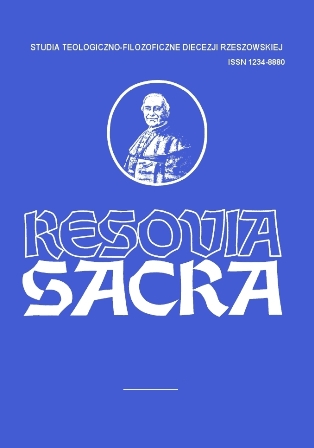
We kindly inform you that, as long as the subject affiliation of our 300.000+ articles is in progress, you might get unsufficient or no results on your third level or second level search. In this case, please broaden your search criteria.

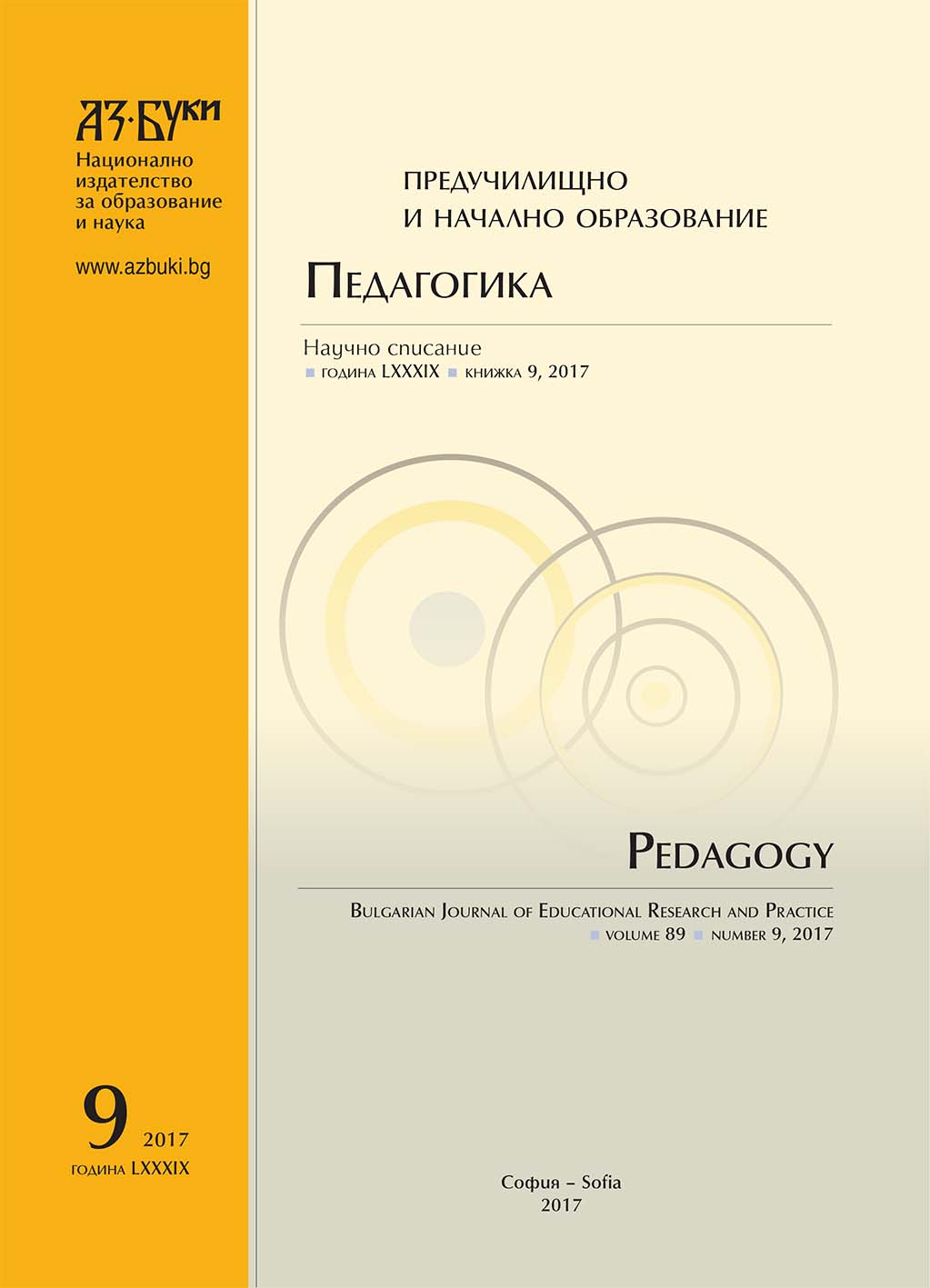
The paper offers a new interpretation on Rousseau in the context of Richard Rorty’s concepts on the philosophy of language and the linguistic turn developed at the end of the 20th century. The classical interpretation of Rousseau’s ideas of freedom in view of upbringing as a rule juxtaposes nature and culture. The present paper argues that this opposition can be overcome through the application of the metaphor approach to both upbringing and the value-neutral character of language. In this sense the question to be answered is how the languages of the teacher and of the student co-exist in Rousseau’s ideas and what the mechanism is that turns these languages into means of upbringing. The research employs arguments in favour of the hypothesis that in terms of the metaphor of “upbringing” created by Rousseau in Emile or on Education, the concepts language of nature and language of society overlap.
More...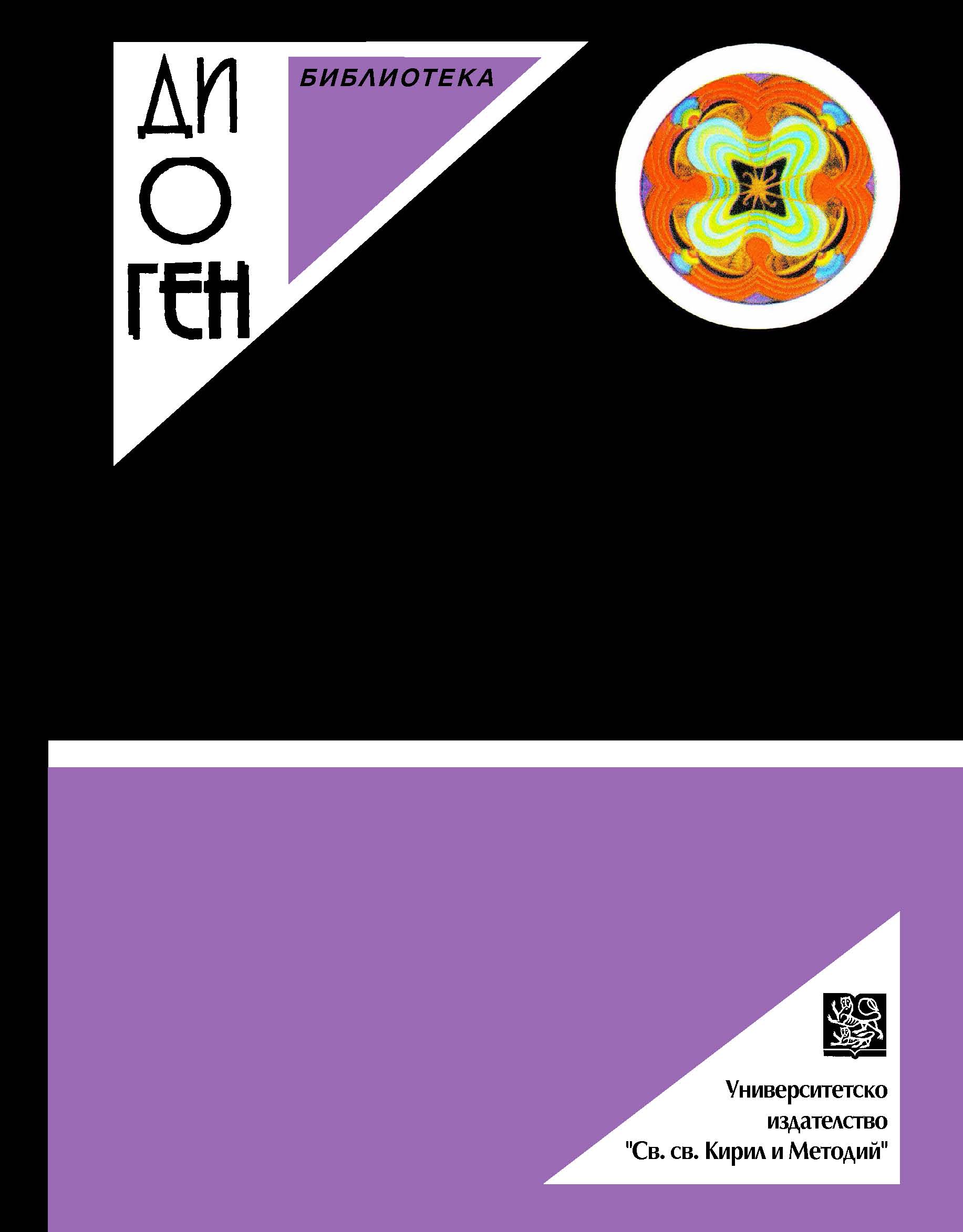
In this paper I shall try to present the role of analytical tradition in the development of Bulgarian philosophical thought – the critical attitude to it, the acceptance of its results of importance and the sizing of its typical problems. My main thesis is that at present the ideas and problems of analytical philosophers going through a veritable revival in my country.
More...
In the paper is considered the history of philosophy and philosophers in Veliko Turnovo before the official foundation of our Faculty of Philosophy. Some their advantages are commented from the point of view of the present-day philosophy.
More...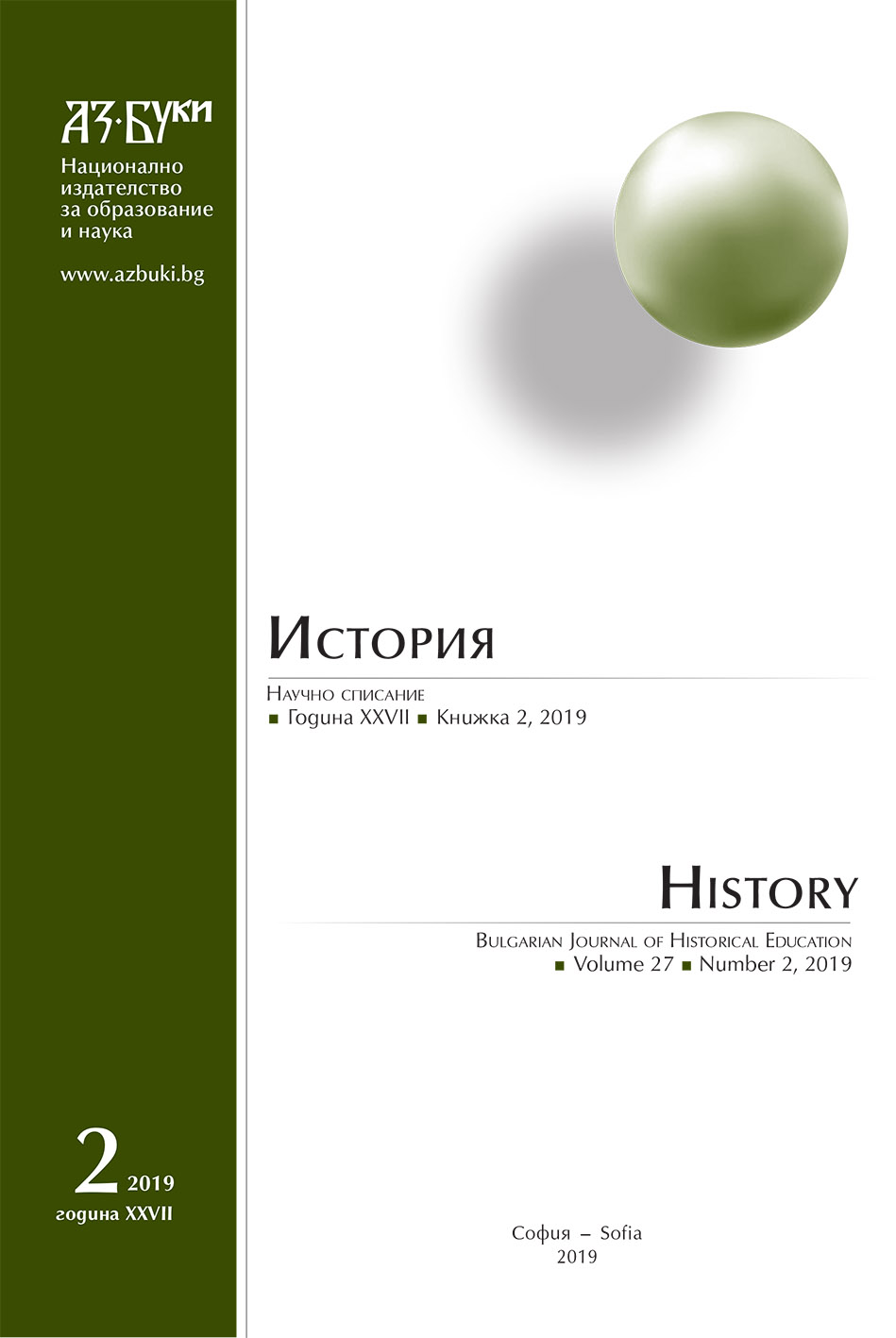
This study explores how the West defines the East in the works of Tzvetan Todorov and how the definition of the West itself shifts with the discovery of the New World in the XVI century. We will take as an example the impression of French travelers in Bulgaria in the XIX century in order to show that the image of the East gets often misunderstood by the West. With the discovery of America, the definition of what West means changes. These definitions are fluid and modifiable and are essential in order to understand how later historical interactions between East and West are carried out.
More...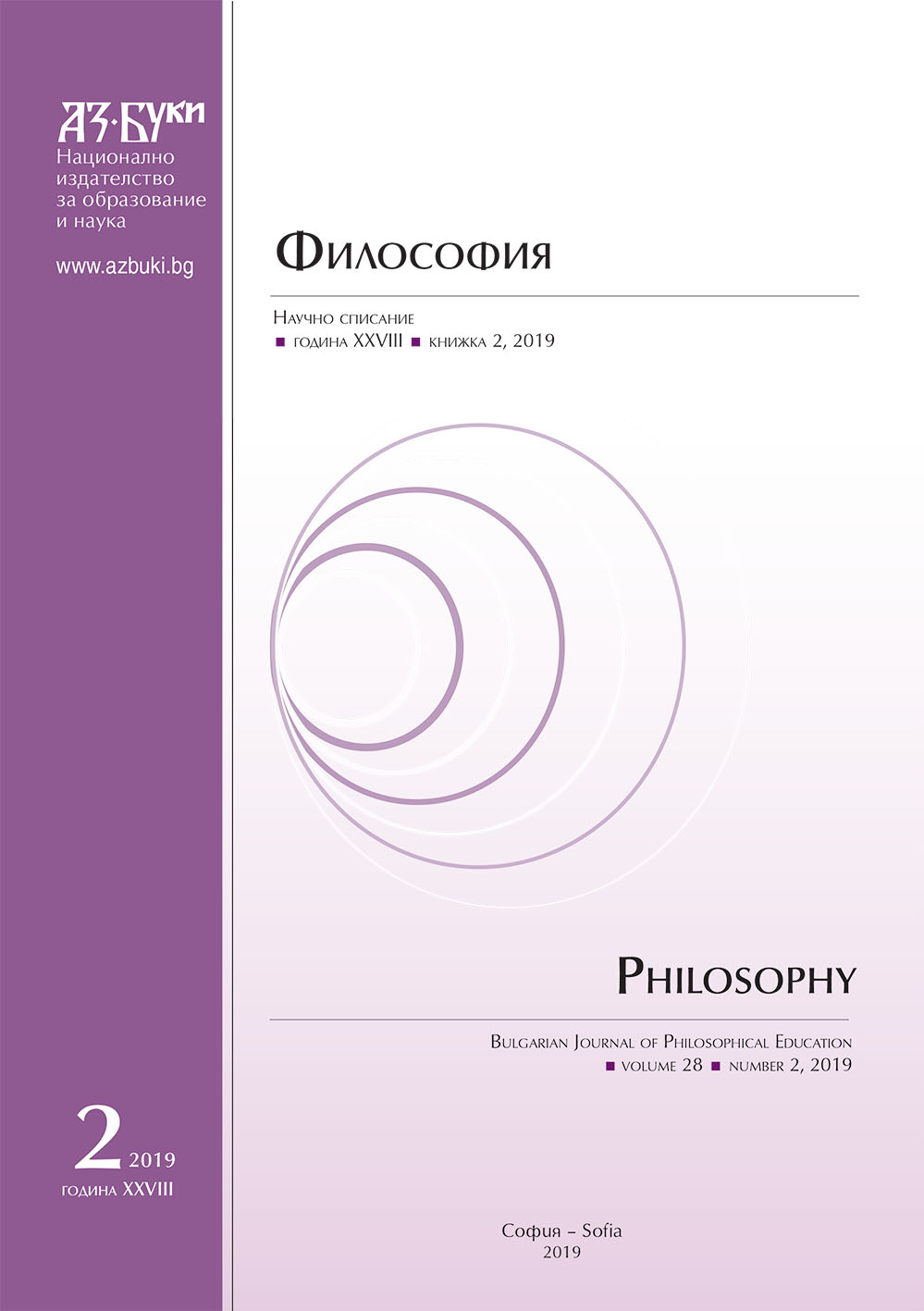
The article offers arguments for the compatibility of specific types of internalism and externalism in epistemology through a comparative analysis of the approaches based on their aims of investigation. Such compatibility is viewed as possible after the oppositional differences that are related to the elements of justification, are overcome. In this regard, the question about the agents of knowledge is answered, with reference to the thesis about the irreducibility of the internalist condition of reflexive access. Considerations of conceptual clarity and succession are raised with regard to the externalist condition that removes the epistemic arbitrariness in the founding of beliefs.
More...
Freedom, in the context of the ethical views of the Russian classics – Berdyaev, Solovyov, Dostoevsky and others, is examined. Emphasis is placed on freedom and the enormous challenges to achieve it. The faith in Man and the possibility for divine incarnation is a distinctive characteristic of Russian religious philosophy. The first part discusses Berdyaev’s statements about God and unbridled freedom. He regarded Christianity as a new beginning in the understanding of freedom. Berdyaev highly appreciates the contribution of Dostoyevsky to this topic. Freedom and related suffering are the big themes of Dostoyevsky. The battle between Christ and the Antichrist is studied.
More...
The debates about the relation between the national and European identity have recently gained a new impetus as a result of the growing national populism within the EU. In this regard, the article aims at elaborating the points of resemblance and dissonance between the identity-patterns of the two collective identities construction. In addition, it raises the question about the relation between national and European identity – do they compete with each other or they are parts of a bigger postmodern identity mosaic? In the first part of the research the main structural elements taking part in the National identity construction are discussed making a parallel with the European identity composition. In the second part of the text a more detailed analyses on the ethnic and civic model of identity construction is offered revealing two levels at which European identity is being created. Given that the majority of the academic work on the topic is more statistically or case orientated the article might be of interest due its fundamental approach.
More...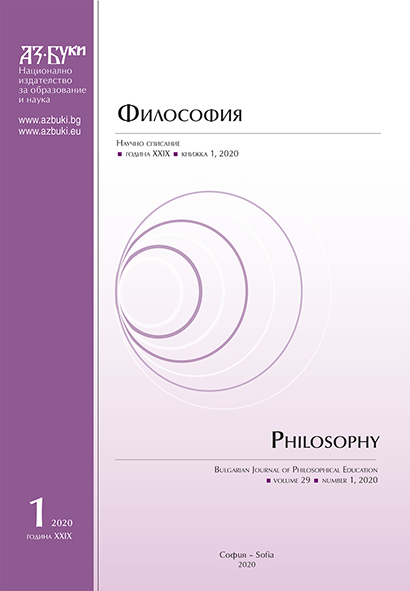
. Since early times, Muslims have speculated on the nature of Revelation and the Divine Speech. This has resulted in Muslim scholars developing divergent approaches to this problem. With the constitution of the orthodoxy, the former school became dominant and it postulated that the Quran is the Word of God dictated to Prophet Muhammad through the angel Jabrail. However, during the last decades in Iran emerged scholars, such as Abdulkarim Soroush, who proposed new approaches to understanding and interpreting Revelation. This paper discusses the hermeneutical project put forward by Soroush by discussing his article on the “Expansion of Prophetic Experience”. In this article, the author argues that his modern hermeneutics is radically different from orthodox theology and problematizes that the idea that the Quran as a human creation brings about other implications outside theology, such as for instance opening the Muslim thought and liberating it from scriptural readings.
More...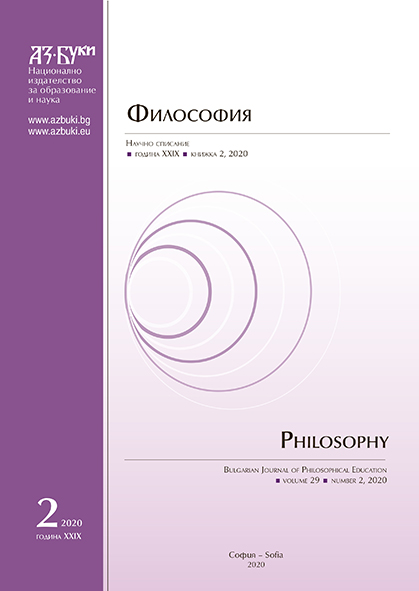
The article compares various interpretations of Dostoevsky's theodicy (“The Karamazov Brothers”) by Russian philosophers of the Silver Age generation. The focus of the research interest is focused on the views of Nikolai Lossky. A brief analysis of his philosophy – metaphysical personalism – is made, with particular attention being paid to the idea of the over-time of substantive agents. It is shown how this idea, borrowed from Leibniz, plays a decisive role in explaining the origin of evil and the meaning of the suffering of the innocent. A comparison is made between metaphysical personalism and Christian personalism, and the essential difference between them is indicated. Thus, the discrepancy between Lossky's approach and Dostoevsky's attitudes was also highlighted. The main idea of the article is to show the fundamental inability of rational solution of this problem.
More...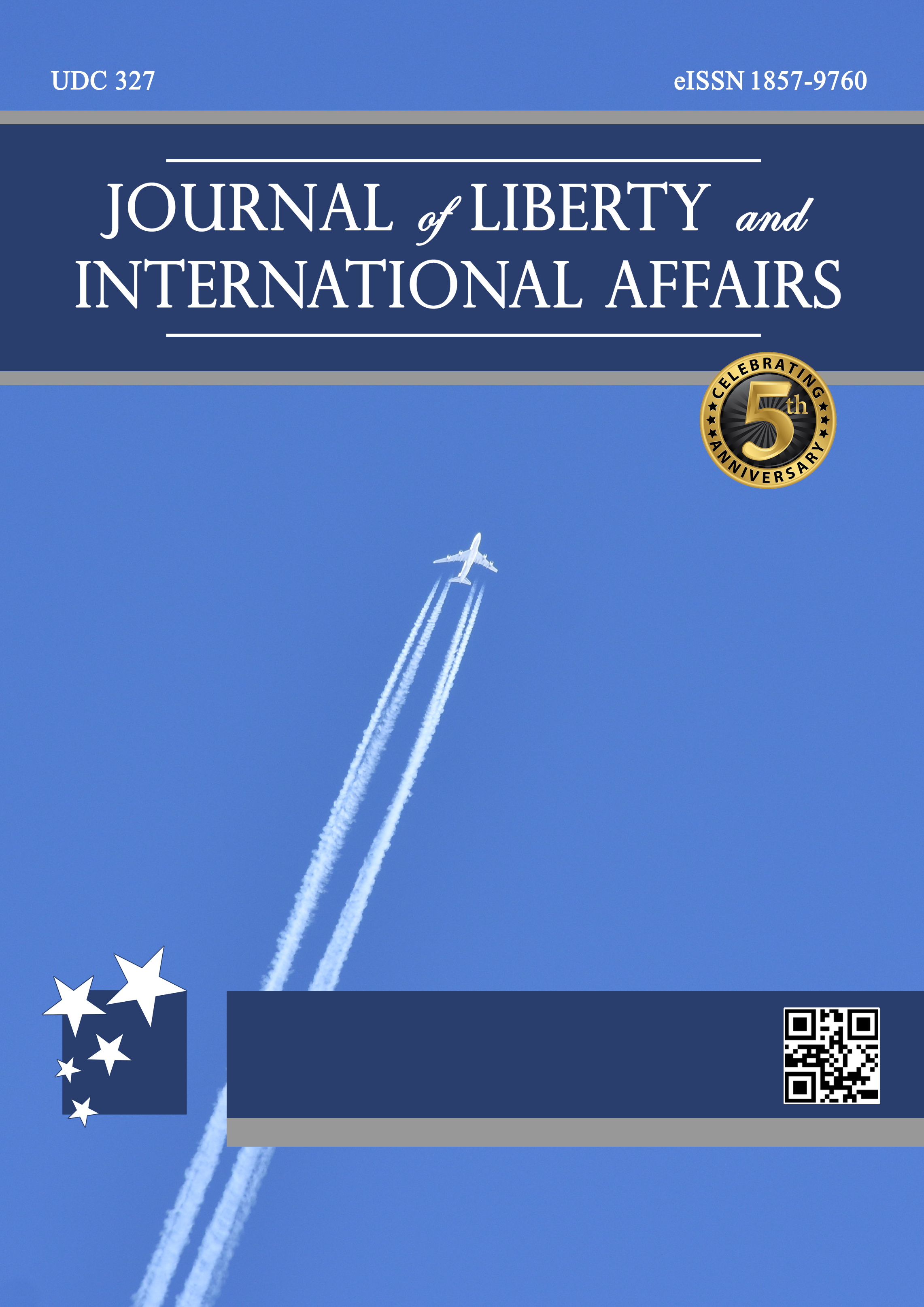
The intense and dichotomous relationship between orientalism and classicism that has been created over the last decades of the XX century, reaches new dimensions through the rapid scientific growth, the discoveries of new historical sources and artifacts, and, most importantly, through the paradigms change in many scientific disciplines. This development is also influenced by the rapid and multifaceted societal transformations in the intensively globalizing world of the new millennium. In this context, the paper explores the new understandings of these two important conceptions in the research of the past, and their redefined scope and relation in the light of the globalization theories and through the paradigm of ancient globalization.
More...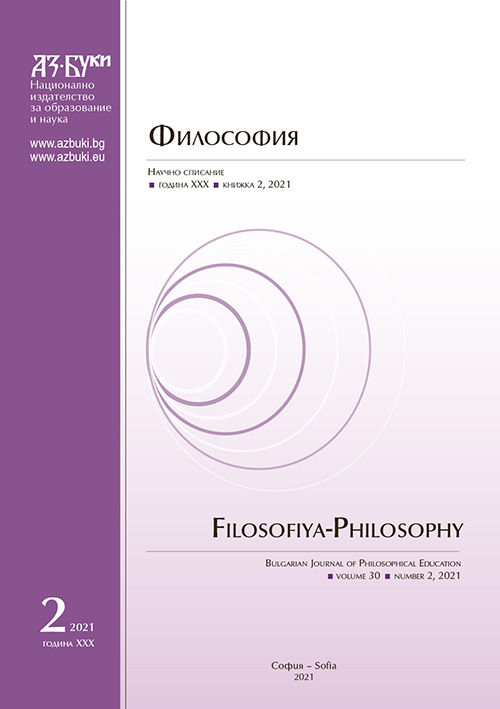
Emphasizing a keen interest in the corporeal/bodily in its dynamics and its cognitive characteristics, the authors show that the appeal to the corporeal as a cognitive option changes the understanding and perception of such traditional phenomena as the world, reality, space, things. The proposition that the subject constructs the world, and our bodily experience is determined by the word and constructed by discursive contexts, looks incomplete: its limited nature requires some additions. The authors underline that the study of human sensual cognitive capabilities and the analysis of the cognitive map of the bodily forces us to pay attention to embodied rationality. Addressing it allows us to overcome constructivism, focused exclusively on the discourse of the word, because our intelligence was also shaped in accordance with the form of body action. The authors turned to the problem of mode the visibility of ethics and posed a provocative question as follows: can the cognitive abilities of the bodily act as a basis for ‘construction the morality’ and occupy n equal position with verbal discourse? To solve this problem, the authors analyzed relevant scientific findings and their influence on the nature of the development of constructivist epistemology, studied the debate on the issue of ethics taking place among the representatives of constructivism, and, in particular, analyzed discussions on tools of the constructivism. At present, all ideas and works of constructivism must take into account bodily rationality as their obligatory component (in its general instrumental and methodological basis), and bodily rationality can serve as the basis for “constructing morality.”
More...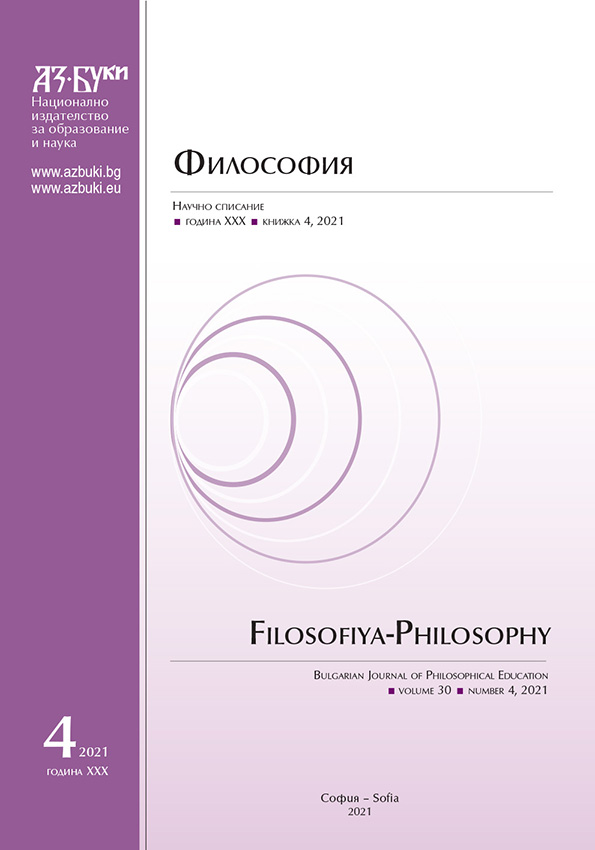
The concept of digital culture defines a set of values, practices, and expectations regarding the format of human interaction in today’s online society. Predictions of digital culture describe the specifics of the online environment and the general context of social life. The range of interpretations of digital culture varies between two poles: from the recognition of digital technologies as a way of presenting libraries, museums, historical monuments, etc., to the concepts of digital culture as a new socio-anthropological reality, the content of which is not limited to ICT. Culture as a phenomenon means the semantic unity of human activity, the desire to format social life following ideas and values, the movement from existing to obligatory, from actual to potential, and digital culture is an adequate response to the demands and challenges. People worldwide change their placement of everyday activity, and we could admit such huge transformation in the Chinese People’s Republic exactly obvious
More...
The text analyzes the possibilities to think of pure language as indicated in the harmonization of modes of intention in the translation activity. This language is, in a sense, a regulative idea and it have to be liberated in translation. It is essential to distinguish between the modes of intention and intended objects, between what is named in pure language and what is „overnamed“ in human languages. One of the theses in this text – that language in its auto-relation undergoes auto-modalization – makes the connection with Kierkegaard's understanding of the impossibility of direct communication. The indication of the untranslatable is an opportunity in the language of the translator to insert as indicated the elusive in the translation and thus to introduce the use of a broken language. Awakening of the "echo of the original" means a „thinking more“ (according to Kant) through the figure.
More...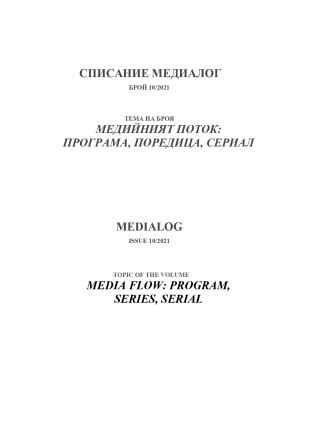
In the end of September 2021 one of the celebrations of the academic community took place – colleagues and friends congratulated prof. Lilyana Deyanova with the publishing of the anniversary anthology ‘Time and Memory’. Compilers and organizers of the academic celebration are Maya Grekova, Petya Kabakchieva, Momchil Hristov, Milena Yakimova.
More...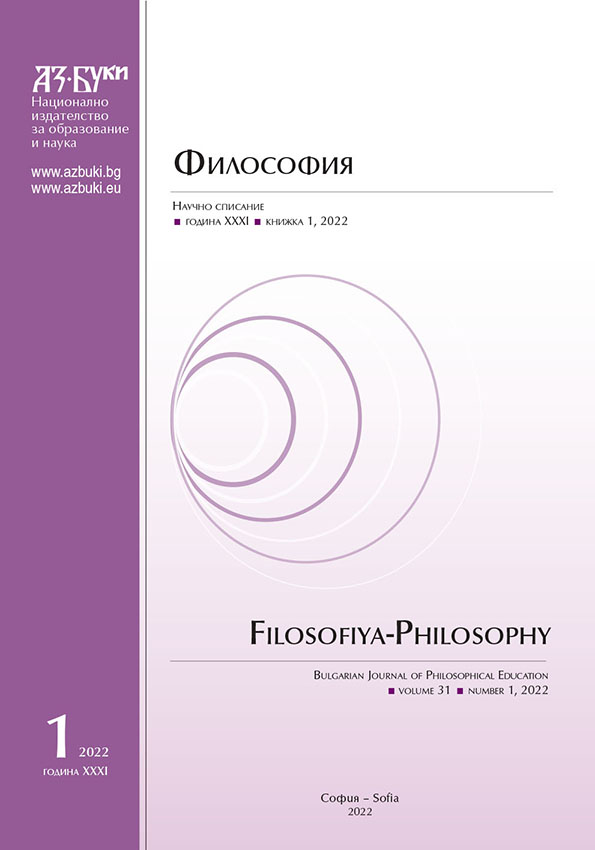
The article shows that in matters of philosophy of religion, when the sphere of interest of Wittgenstein went beyond logical and linguistic analysis, he attached special importance to a pragmatic approach to the interpretation of religious experience. Wittgenstein’s philosophico-religious studies were largely inspired by the events of his own life , as well as the ideas of individual thinkers, including the pragmatic philosopher William James. In Wittgenstein’s work one can find both a substantiation of the originality of religion and its impossibility of analysis from the standpoint of science, and a conviction in the expediency of religious experience in human life. It is revealed how Wittgenstein, analyzing the main manifestations of religious experience, pragmatically eliminated contradictions in the comprehension of knowledge about God (as unspeakable), pointed out the importance of transition from skepticism to belief as a basis for experience of absolute safety, took into account socio-practical aspects of various ethico-religious experiences such as feeling guilty. The author finds out how Wittgenstein interpreted the practical value of religious experience, analyzed the language of religion, as well as revealed its socio-psychological and ethical aspects.
More...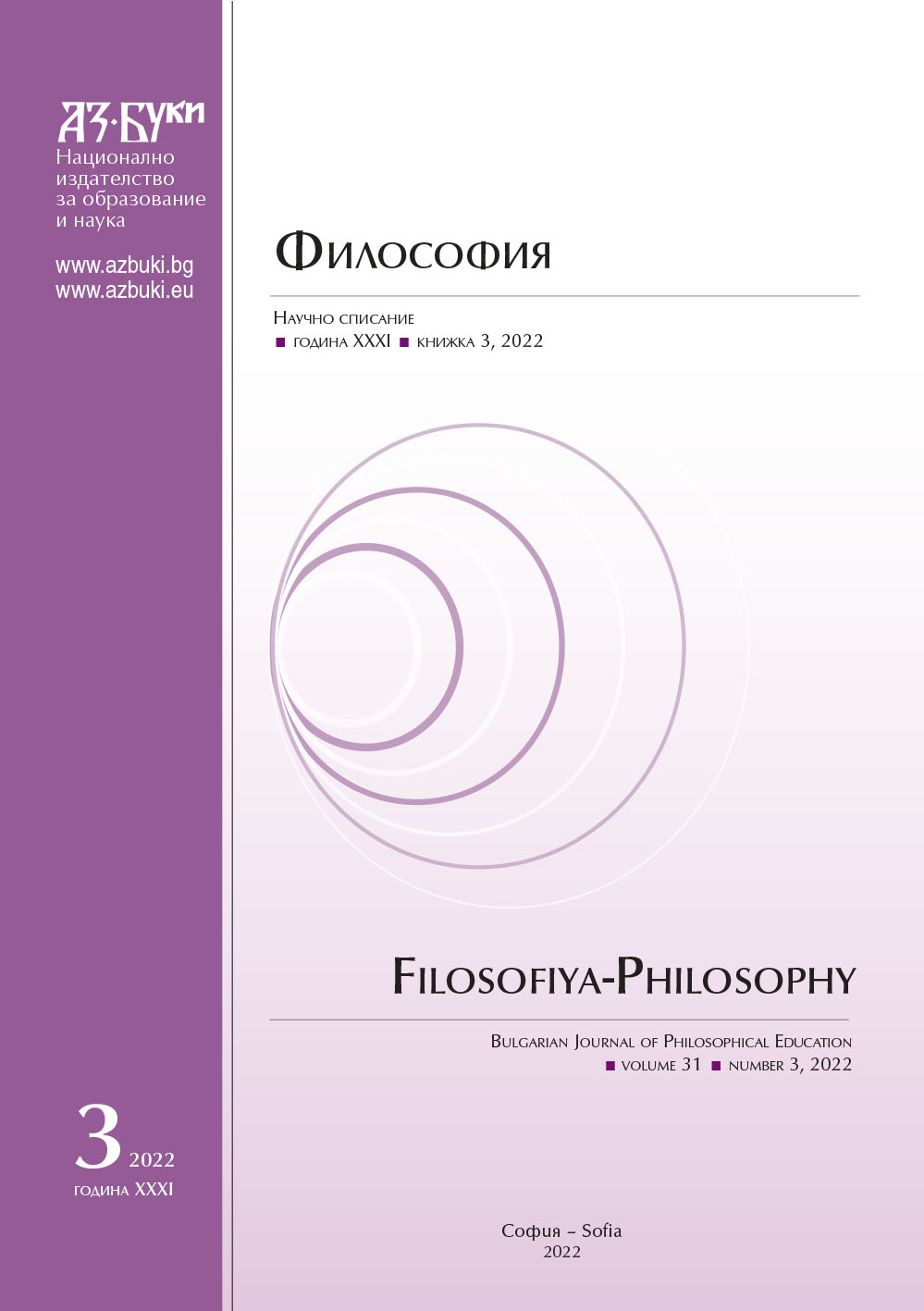
The article answers the question: “How does the agathos of Dasein-psyche and Dasein-Intelligent-Matter come into being?” or “How does the meaningful-presence of Dasein-psyche and Dasein-Intelligent-Matter come about?” The author turns to the philosophy of Plato and Heidegger and presents Dasein-psyche as an elementary structure or a Dasein-Intelligent-Matter actor. The Dasein-psyche’s meaningful presence is significantly conditioned by the focus and limits of the arete potency, set by Dasein-Intelligent-Matter. The anthropologization of Dasein transforms the individual discourse and a way of life in accordance with the arete potency. The arete potency is the source of Dasein-psyche’s meaningful presence. The anthropologization of Dasein sets free arete, providing the transforming of the arete existentials potency into the energy of Dasein-psyche’s meaningful presence. The disclosedness of arete is an “ideal” state of the Dasein-psyche sustainable development and prosperity, the agathos of Dasein-psyche and Dasein-Intelligent-Matter.
More...
In this article, I intend to discuss the Arendtian conception of culture. In her influential essay “Crisis in Culture: Its Social and Its Political Significance,” Arendt argues that culture is at risk of disappearing under conditions of modernity. In her view, modernity is the age of mass society that leads to the destruction of culture and the development of mass culture. This is the situation Arendt has in mind when she speaks of a “crisis in culture,” a situation she describes as worldlessness. Culture, according to her, is a phenomenon of the world. Because of this conviction, argues Arendt, culture has a closer relationship to politics. The article is divided into two parts. In the first part, I explore Arendt's critical reflection on the modern attitude to culture. In the second part, I examine her analysis of the relationship between culture and politics. Throughout these parts, I suggest a reading of Arendt that illustrates her understanding of culture based on the authority of Greek and Roman thought and Kant’s Critique of Judgment.
More...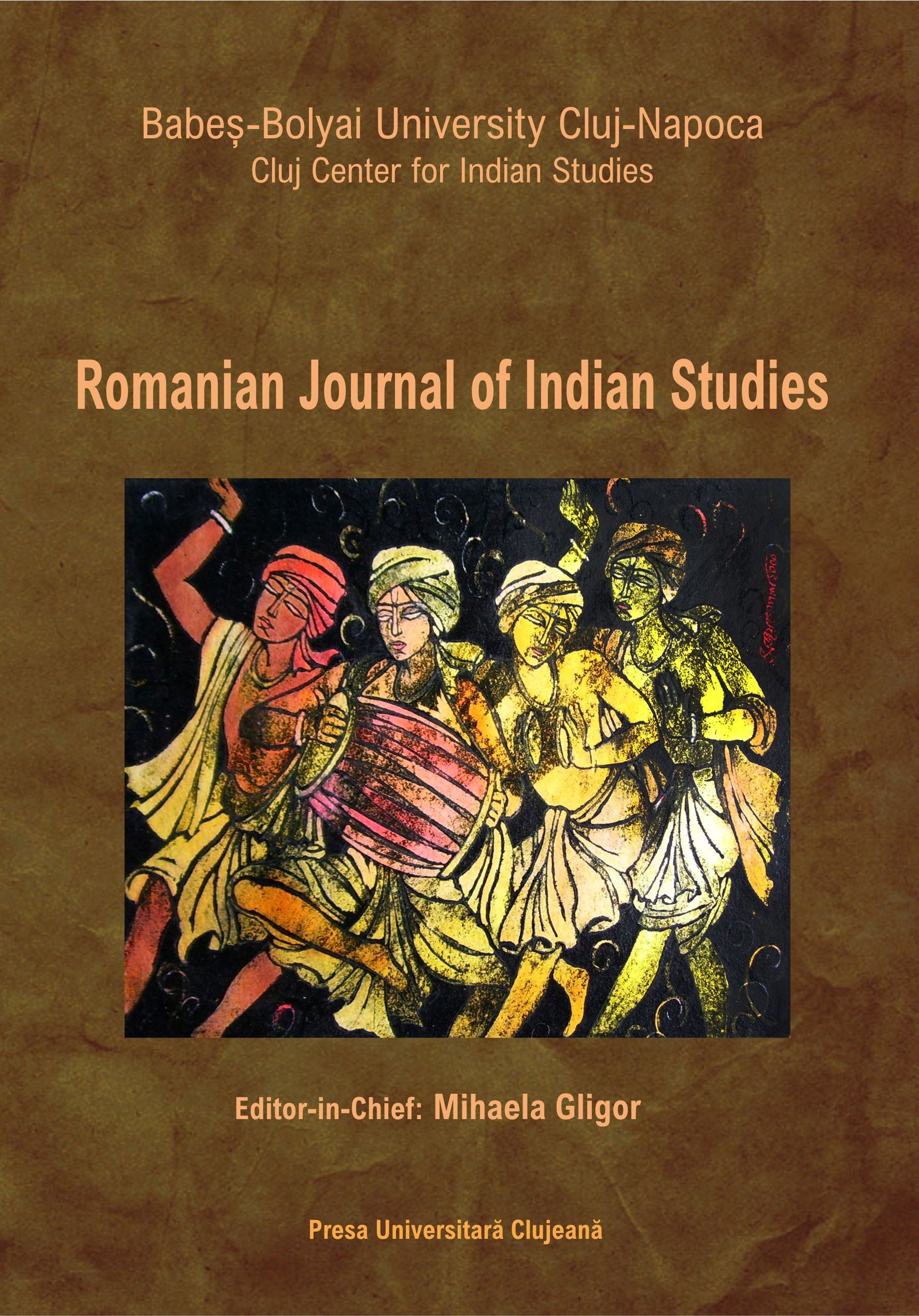
This article attempts to show if the entire story of the Vālmīki Rāmāyaṇa is perhaps a narrative which is a subtle depiction of the interplay of the three guṇas of sattva, rajas and tamas which are cardinal principles in the ontology, cosmology, psychology and soteriology of the Sāṅkhya-Yoga system of classical Hindu philosophy.
More...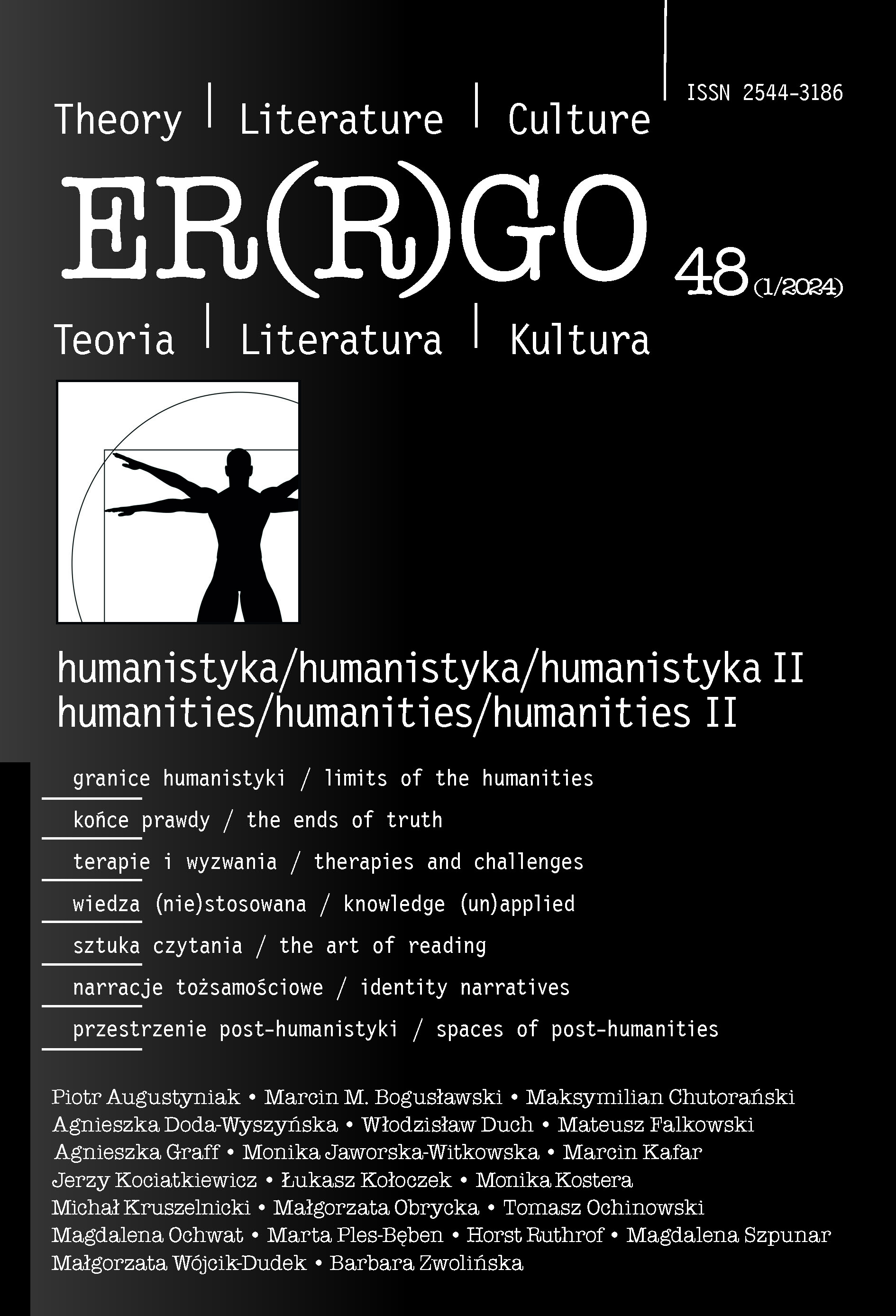
This article is about philosophy as a path, leading man, a civilised being, to re-establish communication with what Gilles Deleuze calls “primordial nature.” This foundational phenomenon, being the primary reservoir of life energy, underpins the existence of the human civilised world. However, by the same token, this phenomenon, since exempt from conditioning and subject to no restrictions or constraints, can disrupt the functioning of this world. Thus, disengagement from primordial nature is the fundamental purpose of the existence of civilization. Unfortunately, its development over time excessively diminishes that connection, deepening alienation, frustration and aggression in social life. I will undertake to demonstrate that the practice of philosophy can be one of the basic ways of coping with that inevitable civilisational impasse.
More...